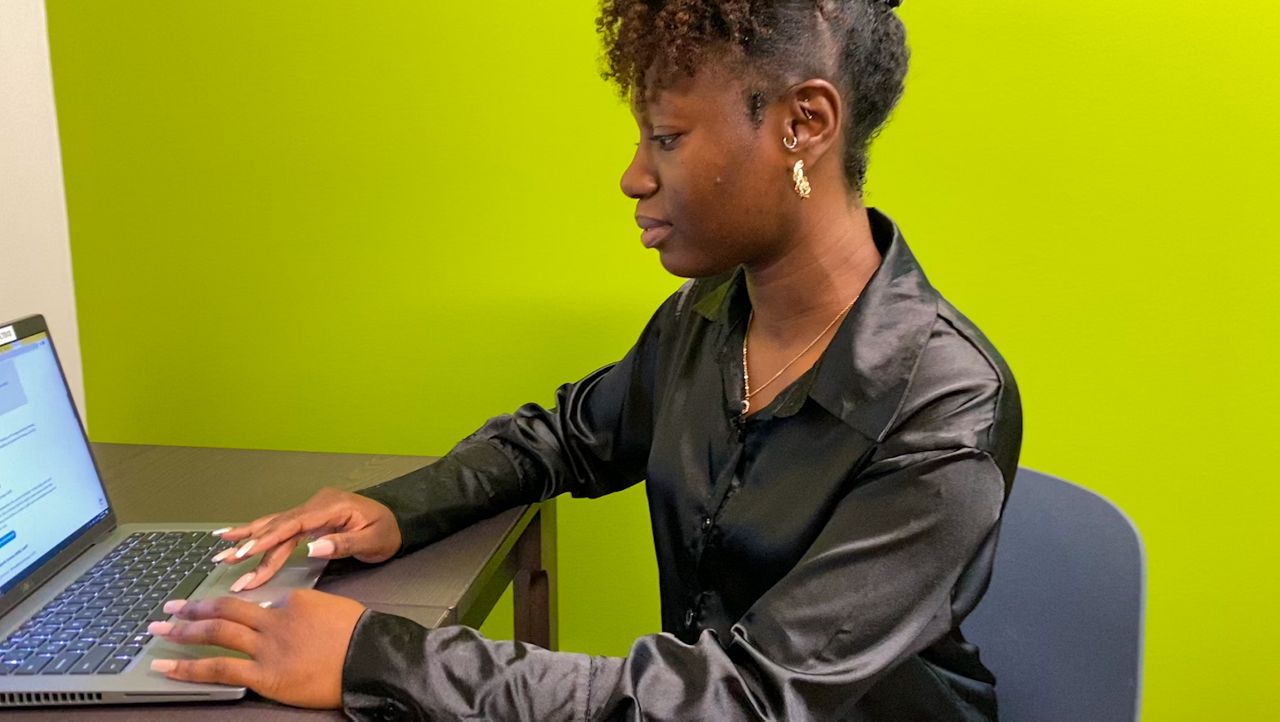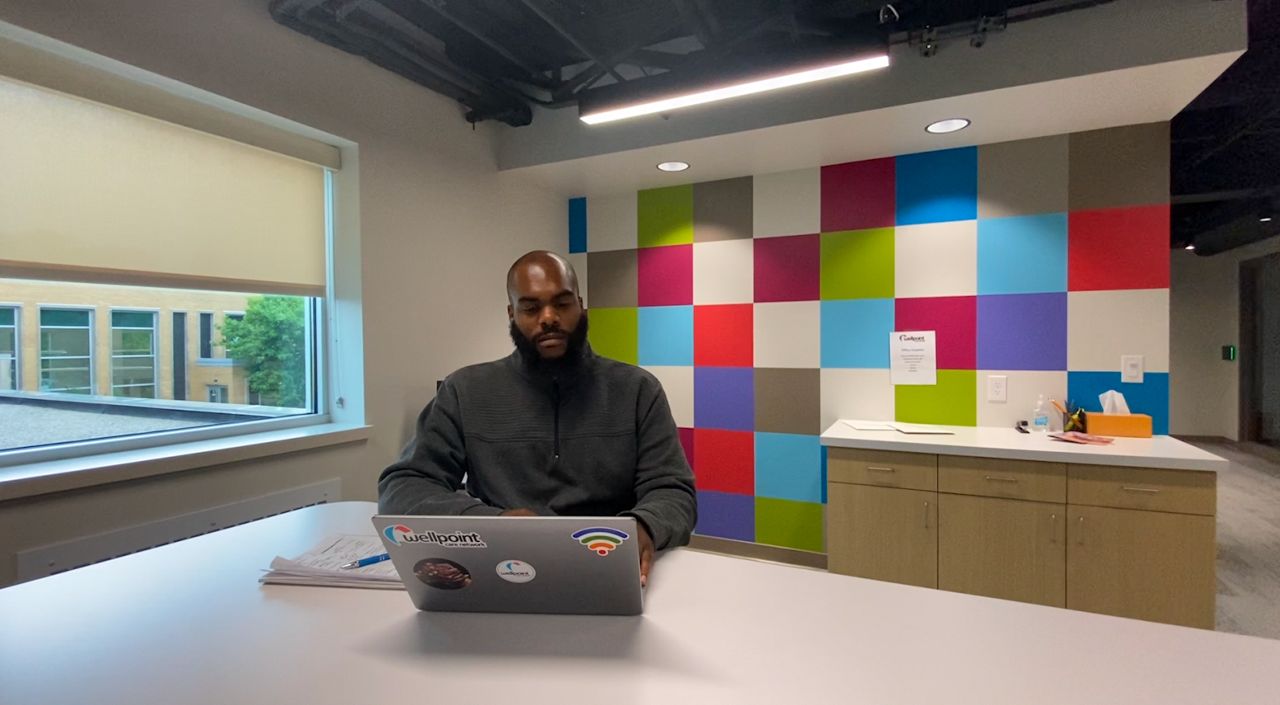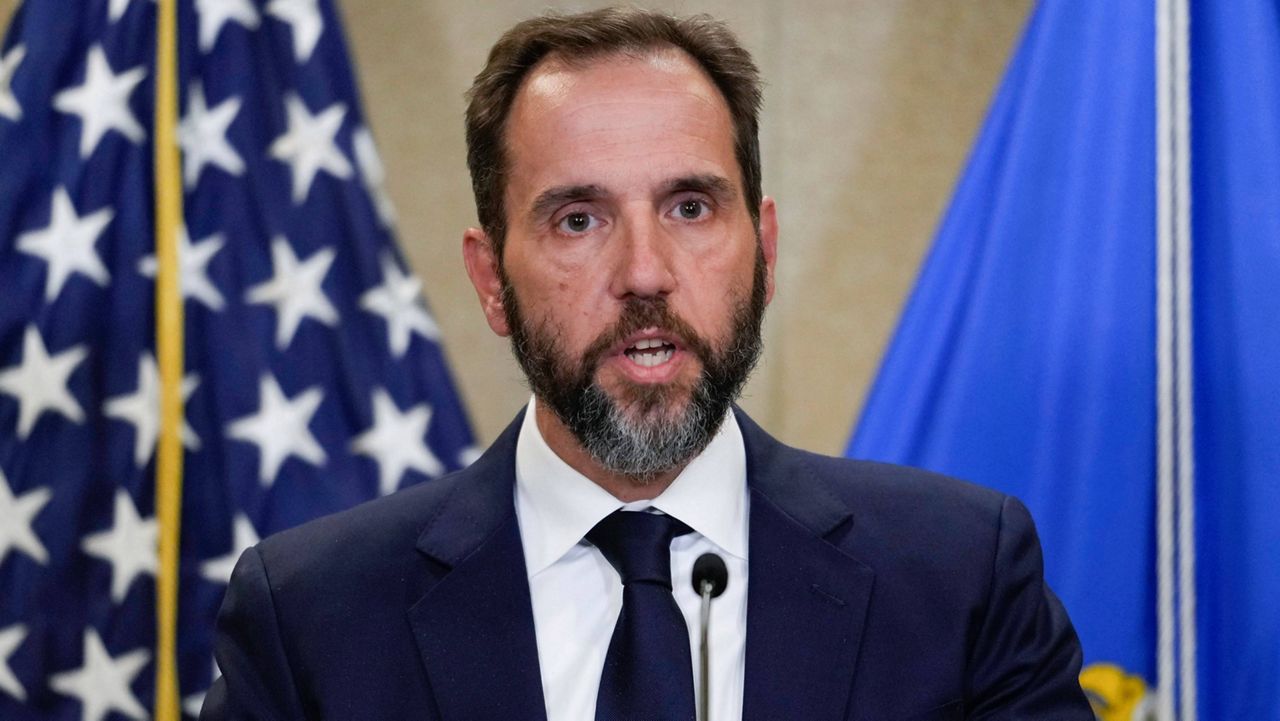MILWAUKEE — There is a lack of diversity when it comes to therapy and other mental health services in the U.S.
Data from Zippia shows that across the nation, 73% of therapists are white. Only 11% are Asian, 8% are Hispanic or Latino and 4% are Black or African American.
Wellpoint Care Network is a nonprofit in Milwaukee that’s working to close that gap.
Lapreece Armour is a licensed professional counselor with Wellpoint. Armour said getting to help others has become her passion.
“I wanted to be for people what I needed in my adolescence,” she said. “That was someone who could support you through your mental health journey.”
Armour said its important for clients to see reflections of themselves in someone who can better understand their cultural experience and the trauma that might stem from it.

Armour said one disparity in the Black community is historical trauma.
“Maybe we haven’t experienced that directly, but our parents and ancestors have,” said Armour. “That fear, uncertainty and feeling unsafe is passed down when it comes to these systems that are supposed to help.”
She said faith and religion are another disparity. She said this is an important value for the majority of people in the Black community, but said it could also be a barrier.
“What I love about faith is it doesn’t have to be separate from your mental health journey,” she said. “I believe this is my purpose to be here and serve people and show them that there is a biblical and clinical joining when it comes to our mental health.”
Alex Williams has seen the disparities firsthand. Williams is the Director of Community Engagement at Wellpoint.
“4% of therapists in the United States are Black, and out of that 4%, only 1% are Black men,” he said.
Williams said the stigma around Black people receiving therapy still exists. He said representation is the key to open doors.
“People are more likely to go to, to start, to try, and continue to go to therapy when their therapist looks like them, understands them, has that cultural competence, relevance or knowledge to try to help them,” said Williams.
He recently helped host a Black mental health professionals panel with Wellpoint. He said the stigma around Black people receiving therapy still exists.

“We have to make people aware that the resources are out there and then we have to point them in the right direction and make them accessible,” said Armour.
As someone who has also had her own experience with non-minority therapists, she said she didn’t realize how important representation was until she found herself doing the work.
“Working with predominantly white therapists is a challenge because you have to do have to over, explain some things,” said Armour. “You have to explain what it’s like to be Black, what it’s like to be female, and the perspective and lens we operate through due to systemic racism.”
She said regardless of the barriers, she encourages people from all walks of life to consider therapy to better handle the difficulties of life.








